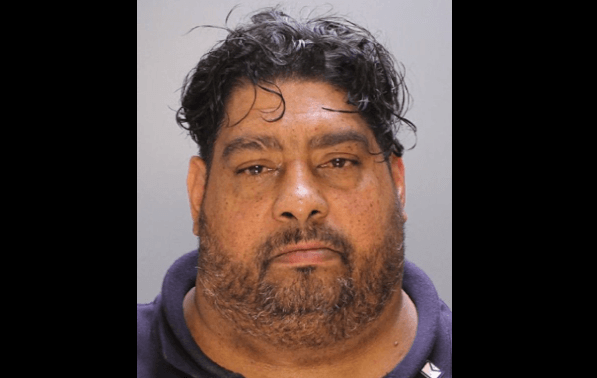In a critical victory for Gov. Tom Wolf, the Pa. Supreme Court ruled in his favor today, giving the governor the power to continue issuing reprieves in death penalty cases. The case,Commonwealth of Pennsylvania v. Williams, presented a question before the court challenging whether Wolf could use his constitutional authority to grant death row inmate Terrance Williams a reprieve, stalling his scheduled execution. Wolf’s reprieve of Williams was not an isolated event and, instead,part of a coordinated effort. RELATED: Pennsylvania governor declares moratorium on death penalty Almost immediately after taking office earlier this year, Wolf, a Democrat,gained national attention when he announced a statewide moratorium on capital punishment. Wolf’s move garnered harsh criticism from both the Republicans and Democrats – and,notably, Philadelphia’s Democraticdistrict attorney, Seth Williams. While the court did not comment on whether or not Wolf had the authority to enact a de facto moratorium, it did comment on whether or not Wolf had the authority to grant reprieves. The answer to that question was decidedly yes. RELATED: Prosecutor moves to halt Pennsylvania governor’s death row reprieve Still, the court agreed with Wolf’s opponents that the death penalty question could potentially be litigated in the future.
There is simply no question, however,surrounding whether or not Wolf has authority to grant temporary reprieves, even on a rolling basis in perpetuity. Williams’ legal team, public defenders Shawn Nolan and Timothy Kane,lauded the ruling.
RELATED: Parents of slain Pennsylvania trooper forgive accused killer In a press statement, they pointed out that the state Supreme Court has “steadfastly refused to interfere with any governor’s act of clemency” and that today’s decision reaffirmed that principle. They added that granting clemency to enact a moratorium as part of an overall investigation into capital punishment is common. Many other governors “have used reprieves to establish moratoria on executionswhile problems with the death penalty are examined,” the lawyers explained. “This decision is entirely appropriate in light of Pennsylvania’s deeply flawed capital punishment system.”
Pa. Supreme Court gives Wolf victory in death penalty moratorium case

Flickr




























